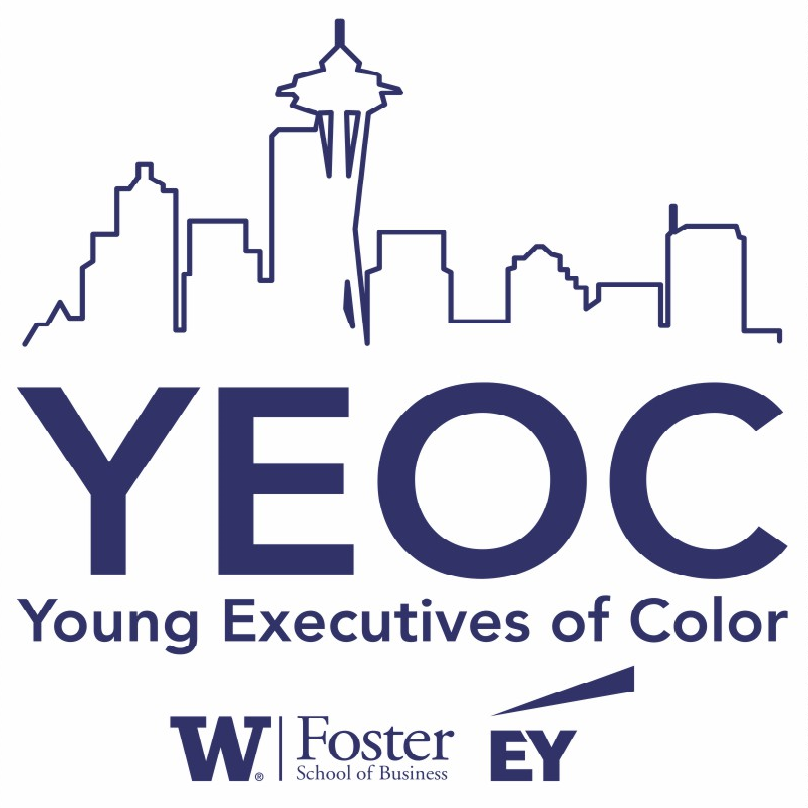About
Read about the founders' vision of CIC.
Shared Language
The language we use is more than just synonyms and semantics. Words carry connotation, which convey beliefs, and perpetuate cultures. Language has the power to either uphold systems of oppression or empower movements towards liberation. To lay some foundation for this program, we define some terms to establish a shared language.
Related to the program name:
Changemakers are individuals who are committed to learning eagerly, thinking critically, inquiring thoughtfully, acting intentionally, and reflecting deeply for collective societal change.
Computing is a field that leverages design, computer software and hardware, and technology in general to collect, process, share, and problem-solve around information to rethink, shape, and transform reality.
Combined, Changemakers in Computing is a program that supports young people to grow in their societal consciousness, sense of community, technical problem solving, and understanding of the change they can create in the world.
Related to the program context:
- Marginalization: Marginalization takes the form of institutional systems and cultural practices that exclude and restrict opportunities in ways that perpetuate ableism, ageism, anti-Blackness, classism, ethnocentrism, homophobia, racism, sexism, transphobia, white supremacy, and other forms of oppression – overt and subtle. We use marginalization and oppression interchangeably, since the marginalization of communities is inherently oppressive.
- Empowerment is the process of directly challenging systems and practices of marginalization towards equity so that all individuals hold the consciousness, autonomy, and agency to be and act with self-determination.
- Note 1: “Underrepresented” is a related term, but its use in many contexts and statistics is limited to the federal definition of “African American, American Indian/Alaska Native, Hawaiian/Pacific Islander and Latinx/Hispanic,” which aggregates and obscures the vastly heterogeneous sociopolitical realities and does not fully encompass all the forms of marginalization this program seeks to address.
- Note 2: Additionally, we intentionally avoid the use of “minority” to challenge any implication that marginalized communities are numerically or otherwise insignificant.
Program Background
As we see modern technology becoming increasingly ingrained into society and daily life, the nature of technology as good, bad, or neutral is a focal topic of discourse. While cellphones have enabled masses to independently communicate across borders, the production of iPhones reflects the continued violence of colonization with inhumane mining labor in historically hyper-exploited nations. While social media has mobilized revolutions for justice, it has also been used for weapons-grade communication tactics for white supremacy. Rather than solely being an agent of good, bad, or neutral, the technology reflects the values of the engineers who build them.
The technology industry essentially answers the questions of, “What does the world need?” and, “What needs to be made easier for which people?” With the field of overwhelmingly white, cis-gendered men, this results in innovations reflecting the motivations and demands solely of the white elite. Not only does this ignore the needs of marginalized communities, this has also facilitated technology being used as an agent to fuel and enforce white supremacist systems of oppression in the United States. Technology plays a large role in domestic surveillance under an oppressive carceral state as well as US imperialism. Other innovations are largely pioneered with the purely capitalistic interests – prioritizing monetary gain over public welfare – amplifying the harms of racial capitalism.
The empowerment and liberation of any people is dependent on the ability to re-imagine reality without the foundations of existing oppressive systems. So, when a Black feminist visionary is given the power of leading technological innovation, they are given the resources to materialize their visions of a better world into reality. This opportunity for marginalized communities to have power over the design of society reveals why there are so many barriers for marginalized folks to access computing-related education: it threatens the power of systemic oppression, and threats to existing power structures in the US are aggressively subdued.
We recognize that this program does not do anything to directly dismantle systemic oppression or barriers to the technology industry, nor does it provide the means to render the effects of such barriers completely obsolete. So, will this program directly resolve the harmful impacts of technology? No. But we aim to support the young changemakers who will.
Campus Partners
We would also like to recognize the campus partners who supported us with the planning and launch of CIC:

